
Autistic Pride Day
It’s Autistic Pride Day and I’ve been thinking lately about what pride means in this context, and what I’m proud of.

It’s Autistic Pride Day and I’ve been thinking lately about what pride means in this context, and what I’m proud of.

How to approach the “I’m Autistic” conversation so it goes better, and coping when it doesn’t.

Once you discover your autism, you may realize just how severed the connection to yourself is, but it is possible to get in touch with yourself; to learn to trust your instincts better.

There’s some common misconceptions around the causes of burnout, but I’d like to explain what’s really going on.

Autistic people-pleasing includes plenty of downsides, but have you thought of the positives that it prevents?
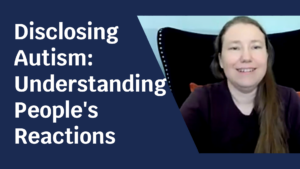
People can often have upsetting reactions when you tell them you’re Autistic. Here’s why I think those reactions happen, and why it doesn’t have to be the end.
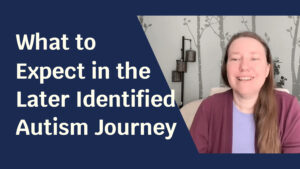
The 5 stages people predictably go through after figuring out as an adult that you’re autistic.
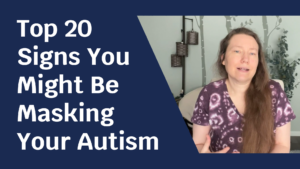
Here are the top 20 signs from everyday life that you might be masking your autism.

A response to a conversation on social media reminded me of a way of thinking that I’d like to discuss.

Growing up a bit different makes for a lot of confusing and hurtful experiences.
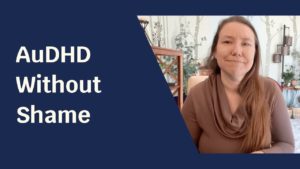
Without shame, my AuDHD is so much easier to deal with. Here’s why, and an example of it in my real life.
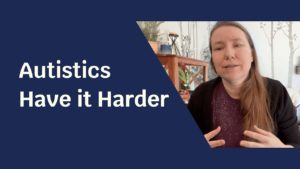
Here are several ways autistics have it harder than others, and a tip for getting the life you want anyway.

The Fourth of July celebrates the signing of the Declaration of Independence, not of actually gaining independence. That took several more years and they had to fight for it. Hard.

I’ve been reflecting on my relationship with perfectionism, and if that’s even the best word for what I experience.
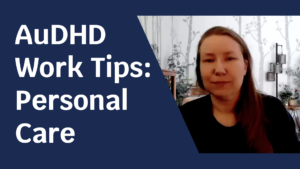
Here’s a couple tips for different things you can do to help make working work better for you.
We don’t spam or sell. Promise. Unsubscribe at any time.
Read our privacy policy here.
Privacy Policy Heather’s Boundaries (T&C)
The information on this site is not intended or implied to be a substitute for psychotherapy, medical advice, diagnosis, or treatment.
© 2020-2024 Autism Chrysalis LLC.